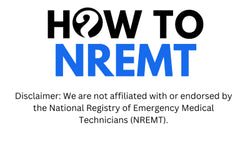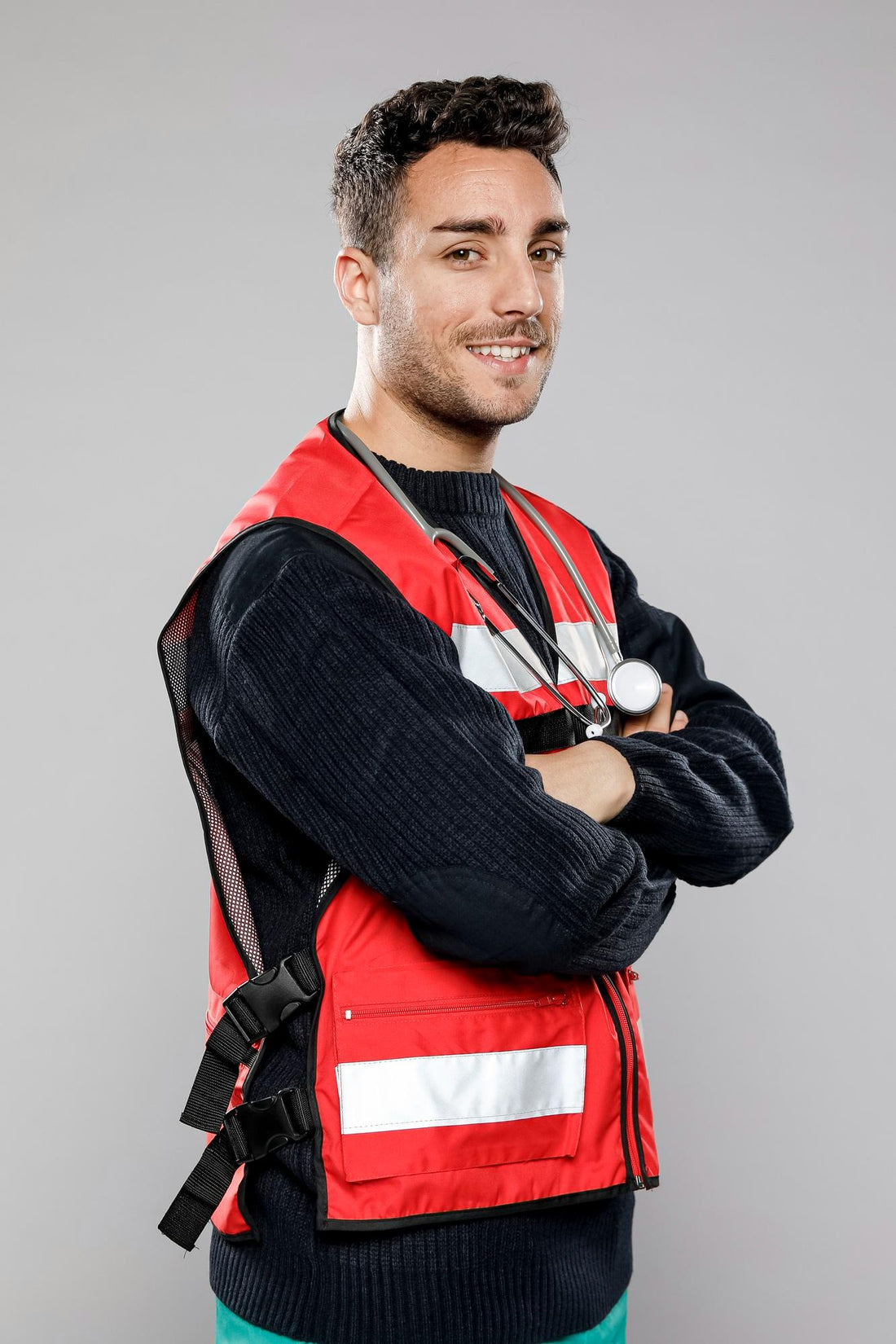Have you ever faced a scenario where two "right answers" competed? That's clinical judgment in action. On the NREMT cognitive exam, this skill is more important than memorizing facts. In Florida, paramedics must make quick, safe decisions in diverse settings, from crowded beaches to rural highways. Preparation must be sharper, smarter, and focused on applying judgment skills in real situations.
This post serves as your guide in mastering the clinical judgment questions on your paramedic exam.
1. What Is Clinical Judgment, and Why It Matters
Clinical judgment isn’t just a buzzword. It's how you interpret patient signs, filter possibilities, and choose the best care path. The Florida AEMT and Paramedic exam changes put clinical judgment at the forefront.
You won't see simple recall questions. You’ll encounter Technology‑Enhanced Items (TEIs), scenario-based choices, and multi-step decision trees. To succeed, you must think like a clinician, decisively and with patient safety at the center.
2. The Role of Florida’s Protocols
Florida’s protocols are frameworks, not limits. On the exam, you'll recognize familiar steps: scene safety, assessment, treatment. Yet, exam writers mix protocols with twists. You might need to apply cardiac algorithms after a chaotic crash. Or weigh hemorrhage control methods at a rural site.
Blending textbook knowledge with live settings is exactly what clinical judgment means, and that's what your NREMT paramedic test prep must deliver.

3. Study Tactics to Boost Decision-Making
If you’re looking for a platform that supports your preparation from start to end, all in line with the National Registry’s requirements, then you’re at the right place. How To NREMT is an independent preparatory platform that guides candidates to success.
Here’s how we sharpen clinical thinking:
·TEI-Focused Drills
Use question banks that feature build‑list, drag‑and‑drop, and multi-select formats. These mimic real test tasks and develop structured reasoning.
·Simulated Scenarios
Write or practice scenarios, from a fall victim in Miami to a diabetic emergency in Pensacola. Stop to ask what comes next and why, step by step.
·Flash Scenarios
Pull random cards with symptoms—say, “shortness of breath, hypertension.” In 5 minutes, mentally walk through assessments and treatment orders.
·Post-Test Analysis
After every practice exam, review answers carefully. If you choose the wrong protocol step, ask our AI-powered tutor, "Mr. How To," for guidance and check Florida’s official EMS guidelines.
·Group Reflection Sessions
Join peer study groups or mentoring clusters. Talk through clinical decisions together. Hearing other perspectives hones your judgment.
4. Clinical Judgment Builds in Layers
Think of clinical reasoning in three layers:
|
Step |
Focus Area |
Example Task |
|
1 |
Immediate Safety & Assessment |
Spot hazards, then check the ABCs in a busy roadside crash |
|
2 |
Differential Diagnosis |
Choose between PETS or an allergic reaction with wheezing |
|
3 |
Treatment Planning |
Decide airway route, meds, and transport destination |
Full mastery means progressing from layer 1 through 3 without hesitation. Practice until it flows naturally.
5. How the Best NREMT Test Prep Makes a Difference
Generic test prep teaches content. The best NREMT test prep teaches thinking. Our approach blends standard curriculum with clinical reasoning coaching. We don’t just show TEIs; we debrief them. We don’t just give protocols; we simulate pressured decisions using Florida’s real scenarios. This builds muscle memory for thinking under exam stress.

6. The Power of NREMT Cognitive Exam Practice
Generic question banks aren’t enough for 2025. The new NREMT format includes Technology-Enhanced Items (TEIs) that test decision-making, not just recall. To practice effectively:
·Use platforms with TEI-style questions, especially multi-step and drag-and-drop formats based on real clinical timelines.
·Time your practice sets in blocks of 20–25 questions in 25 minutes. This matches the adaptive pacing of the actual exam and trains you to think quickly.
·After each set, break down missed questions by domain: Was it a scene safety issue? A clinical intervention? A misstep in prioritization?
·Focus more time on low-performing domains—especially Medical/OB or Trauma, which Florida paramedic students often underprepare for due to less field exposure during training.
Clinical judgment grows when practice mimics exam pressure. Your prep should feel like the exam—tight timing, complex symptoms, and all options seeming right.
7. Building Confidence Through Realistic Practice
Most Florida paramedic students don’t get real exposure to high-volume trauma or complex OB calls during clinicals. That’s where realistic simulation makes the difference:
Practice environment-based scenarios relevant to Florida:
Heat stroke in beachgoers (August in Miami).
ATV rollovers in rural central Florida.
Drowning events involving toddlers in residential pools.
Mass overdose events at concerts or clubs.
Use scenario apps or How To NREMT’s live review to work through field conditions, including limited visibility, multiple patients, or distracting bystanders.
Focus on environmental judgment: Can you manage bystanders while triaging? Can you identify unsafe extrication points?
Confidence doesn't come from knowing protocols. It comes from making decisions under pressure that still protect airway, circulation, and transport timelines. That’s exactly what you’ll be tested on.
8. Staying Sharp Closer to Exam Day
·Review Key Algorithms – Prioritize cardiac, trauma, and respiratory protocols.
·1-Minute Case Challenges – Flip through cases midday and discuss in your head.
·Night-before Ritual – Light review. Avoid burnout. Then calm your mind—sleep is a clinical judgment tool, too.

Ready to Master Clinical Judgment? How To NREMT Can Help
We’ve built a focused preparatory platform to simulate real Florida paramedic test conditions and sharpen clinical judgment. Our system pairs NREMT cognitive exam practice with scenario drills, TEI training, and Florida-level insights. When you answer a scenario, we guide not just your answer, but your reasoning.
Add live coaching for rapid feedback and confidence boosts. If you're preparing for Florida’s paramedic exam, this is the focused, intelligent path forward.
Start mastering clinical judgment today with How To NREMT. Clinical judgment isn’t optional—it’s test-critical. With the right prep, you’ll make smarter choices faster.
Practice smart. Think clearly. Pass confidently.

